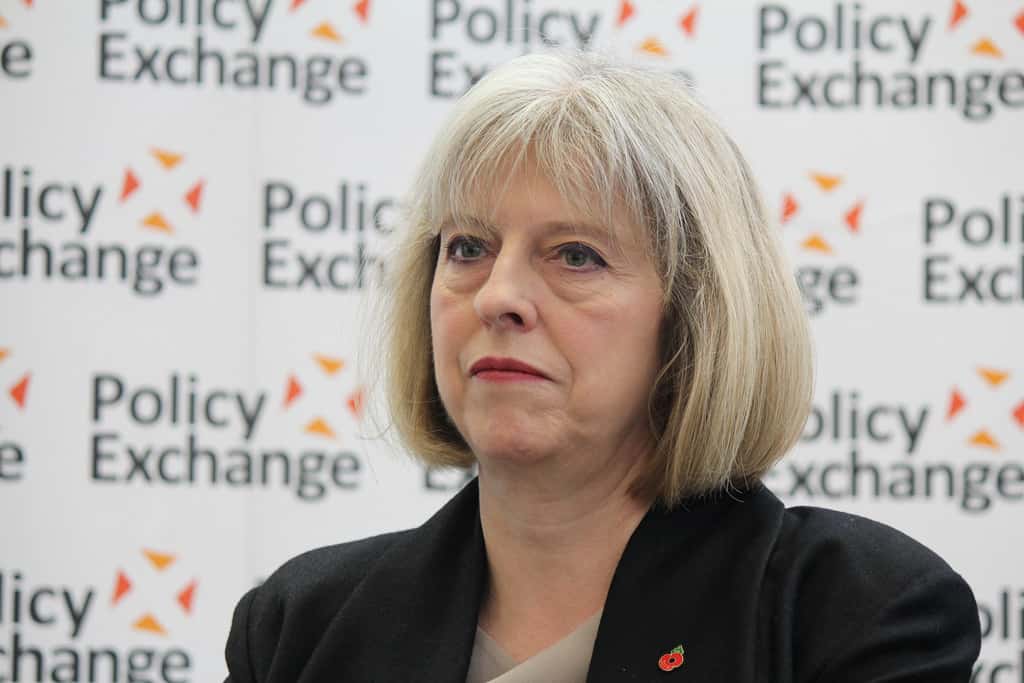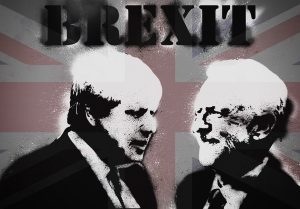
U-turn performed over Conservative’s social care plans
pharmafile | May 23, 2017 | News story | Manufacturing and Production, Medical Communications | Conservative, Dementia tax, Election 2017, Jeremy Corbyn, Labour, Theresa May
One of the most controversial points of the Conservative’s was its social care plan. The plan would have seen those with assets over £100,000, including the value of their property, funding their own care by taking out equity on their home. It had been dubbed the ‘dementia tax’ but the backlash has forced Theresa May into an embarrassing climb down.
The party were pushed to change its stance after the lack of cap to how much individuals would pay for their care caused polls to show their lead diminishing rapidly against Labour. The Conservative party have been campaigning under the ‘strong and stable’ slogan, making this particular example of backtracking particularly painful.
The reasoning behind the initial proposals was in trying to address the growing imbalance in age that society is going to face in the coming years. It is well-known within the healthcare industry that this is going to cause increasing strain on healthcare services, not just as the number of people of retirement age increases but as the pressure of supporting them by working-age people increases proportionately.
As May has discovered, trying to find a way to address this challenge is not going to be an easy task and especially when it is seen to attack the elderly as those 65 years and older represent the highest turnout group. In the end, the dramatic drop in polling led her to hastily drop the plans, only days after they were first announce.
“We will make sure nobody has to sell their family home to pay for care,” May told the Welsh city of Wrexham. “We will make sure there’s an absolute limit on what people need to pay.”
The back down represents a major victory for Corbyn, who has often struggled to find a barb to really sting the Conservative party leader. However, terming the plans of the plans as a dementia tax – due to it being a long-term illness that requires outside of what the NHS can support – was crucial to provoking a strong reaction from the public.
Corbyn further reacted to May’s U-turn by turning the screw, telling reporters: “They haven’t said what the cap is. They haven’t explained to the millions of people who are desperately worried at the moment about what kind of care they are going to get in the future, desperately worried for children as well about how their parents are going to be looked after. This is a government in chaos and confusion.”
With just over two weeks left to go before people head to the polls, the Conservatives still hold a nine-point lead, according to the latest polls. However, they can ill-afford to make any more missteps to raise the prospect of Labour further closing the gap. The overall lesson that will be learned by both parties is that provoking elderly voters comes as a huge risk but means that the looming healthcare challenge of an ageing population may well go unaddressed until the crisis is at the doorstep.
Ben Hargreaves
Related Content

Election Day 2019: Where do the two frontrunners stand on the NHS?
The UK goes to the polls today, for the fourth election of the decade and …

Jeremy Corbyn writes Trump letter asking for reassurance over NHS in trade deal
Labour Party leader Jeremy Corbyn has written to US President Donald Trump demanding he confirm …

British pharmaceutical industry is threatened by Labour, says former Party health minister
A former Labour Party health minister has said that the British pharmaceutical industry is “under …








